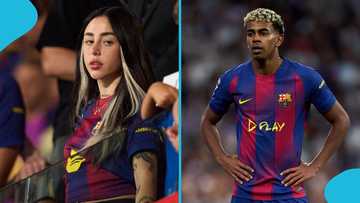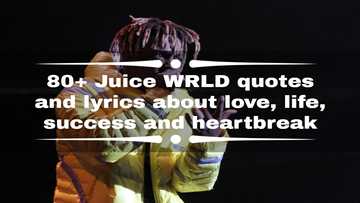I watched Araba cry on her livestream, and instead of satisfaction, a strange heaviness settled in my chest. She sat before thousands of followers, tears streaming down her face, confessing that she had “lost herself chasing validation.”
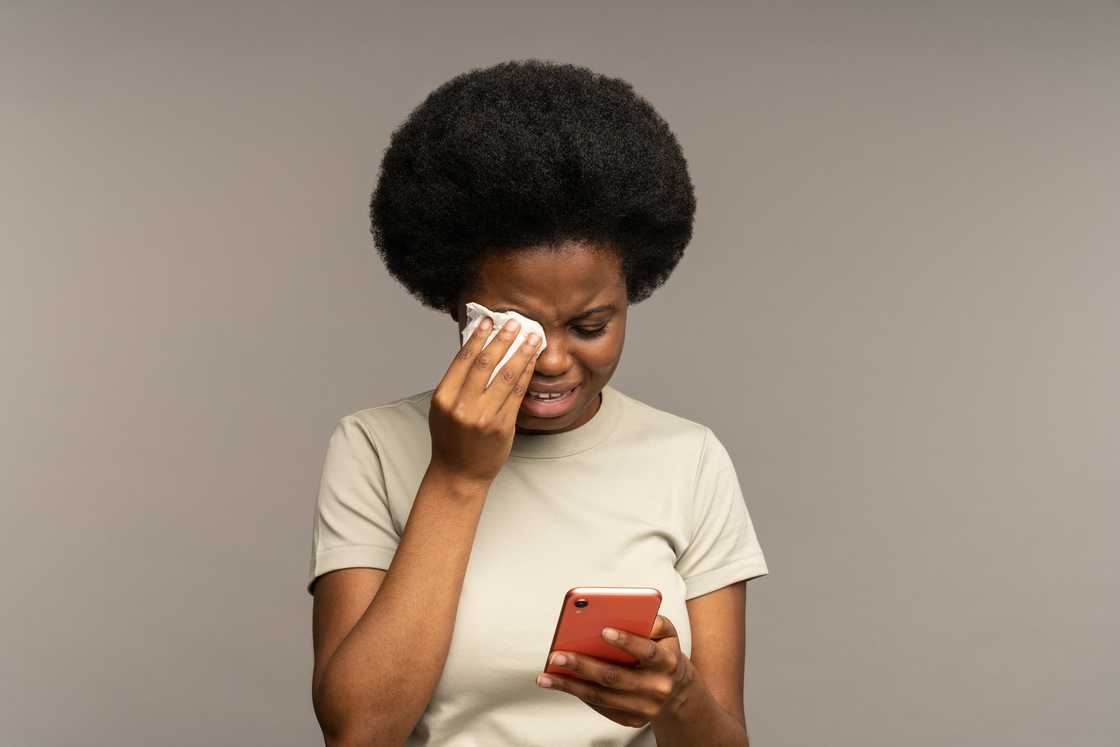
Source: Getty Images
My phone buzzed nonstop. Friends kept sending me clips, whispering that maybe this was my moment of justice. But justice didn’t feel like this. It didn’t feel like watching the girl I once called my sister crumble before strangers.
I still remember the first time she posted about me — how proud I’d been when she called me “the lazy friend who made her work harder.” I thought it was a joke at the time. I laughed, even shared it. But the laughter died when her page grew, and my life became her storyline.
Now, months later, she was breaking down on camera, admitting that she’d projected her insecurities onto me. I wanted to turn away, but something in me whispered: You have to see this through.
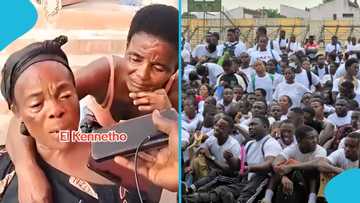
Read also
El-Wak stampede: Victim’s mother breaks down as she narrates final moments with her late daughter
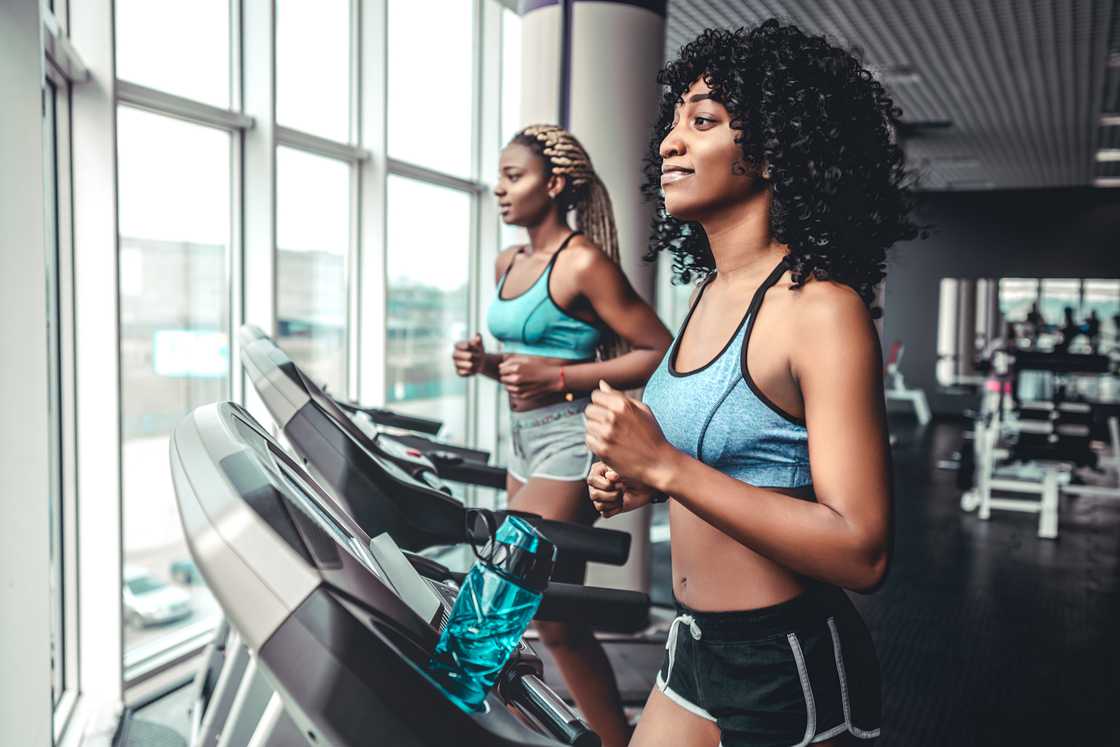
Source: Getty Images
When I first met Araba, she wasn’t an influencer. She was just my workout buddy — the one person who understood what it meant to want more for yourself but not know where to start.
We met at a small gym near East Legon, the kind that smelled faintly of disinfectant and old sweat. I’d just joined because I was tired of how sluggish I felt after years of working behind a desk. Araba was already there, her energy infectious. She had this laugh that filled the whole room, the kind that made even the grumpy trainer smile.
We clicked easily. After workouts, we’d sit on the pavement outside with coconut water, talking about everything — exes, dreams, jobs, how both of us wanted to feel confident in our bodies again. I told her how my last relationship had left me insecure about my weight. She told me how her ex had once called her “average.” That word haunted her.

Read also
Celestine Donkor says a popular gospel singer demanded 70% payment before performing at her event
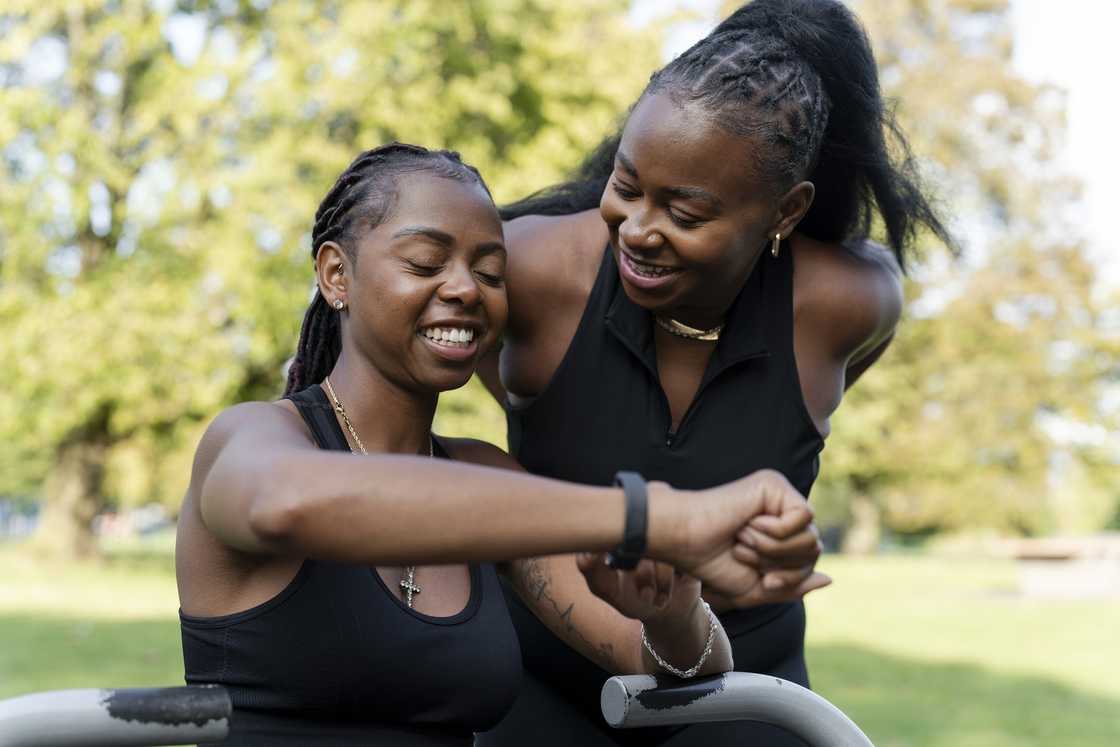
Source: Getty Images
Soon, our gym sessions became sacred. We’d push each other through every squat, every run on the treadmill, every bad day. Araba started recording small clips for motivation — mostly us laughing or groaning after workouts. “Just memories,” she’d say, waving her phone with a grin.
But over time, those “memories” began to get captions. ‘Consistency over comfort.’ ‘No lazy friends allowed.’ It was all playful at first. I didn’t think much of it. If anything, I admired how committed she was becoming.
Araba had an eye for aesthetics. She’d bring her ring light, prop her phone against dumbbells, and record everything. Before long, her followers grew. From a few hundred to thousands. She started getting free leggings, protein shakes, and even gym collaborations.
I was genuinely happy for her. I’d say, “Girl, you’re going viral o!” and she’d beam, replying, “We’re going viral. You’re my ride-or-die, remember?”
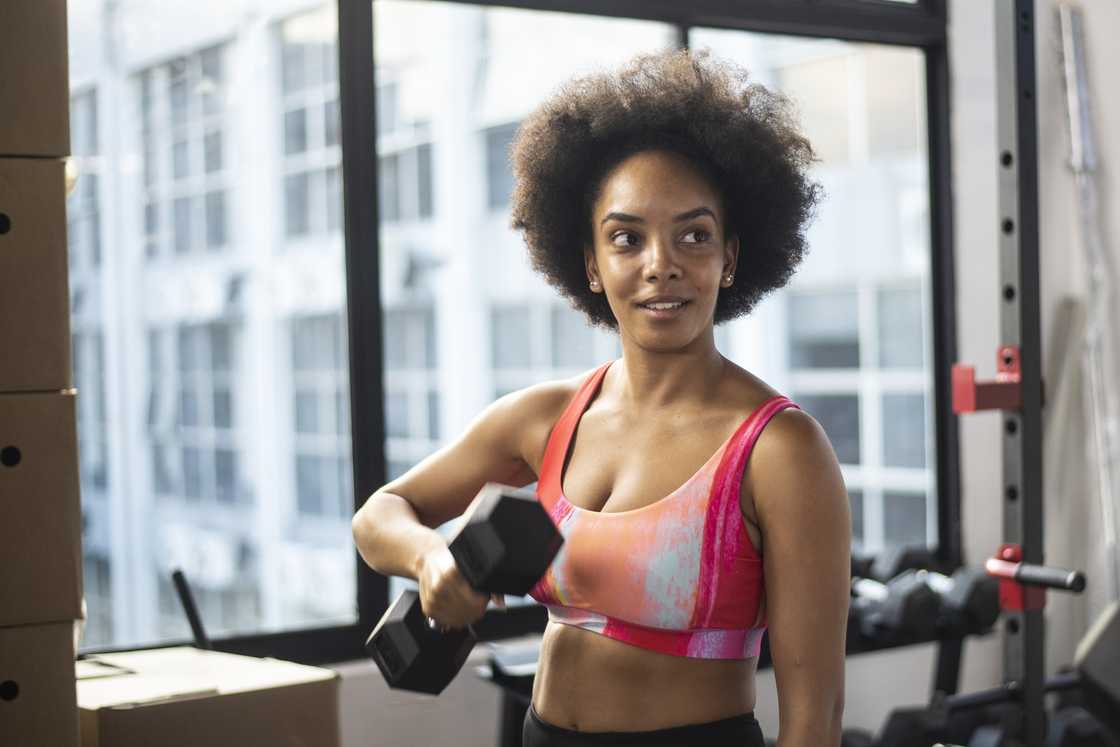
Source: Getty Images
But slowly, I began to notice how her tone changed when she spoke about our journey online. She became more curated, more performative. Her captions were no longer just about workouts — they became subtle stories about “discipline versus excuses,” “winners versus quitters.” And though she never mentioned my name directly, everyone knew who she meant.
People at the gym began teasing me. “Ei, lazy friend, you’ve come today o!” They said it with laughter, but I felt the sting each time.
At home, I’d scroll through her posts, trying to convince myself it was just a marketing strategy. Perhaps that was what influencers did — they exaggerated for engagement. After all, she was still my friend. She still sent me voice notes every night, still checked in when I missed gym days.
Yet deep down, a quiet discomfort began to grow.
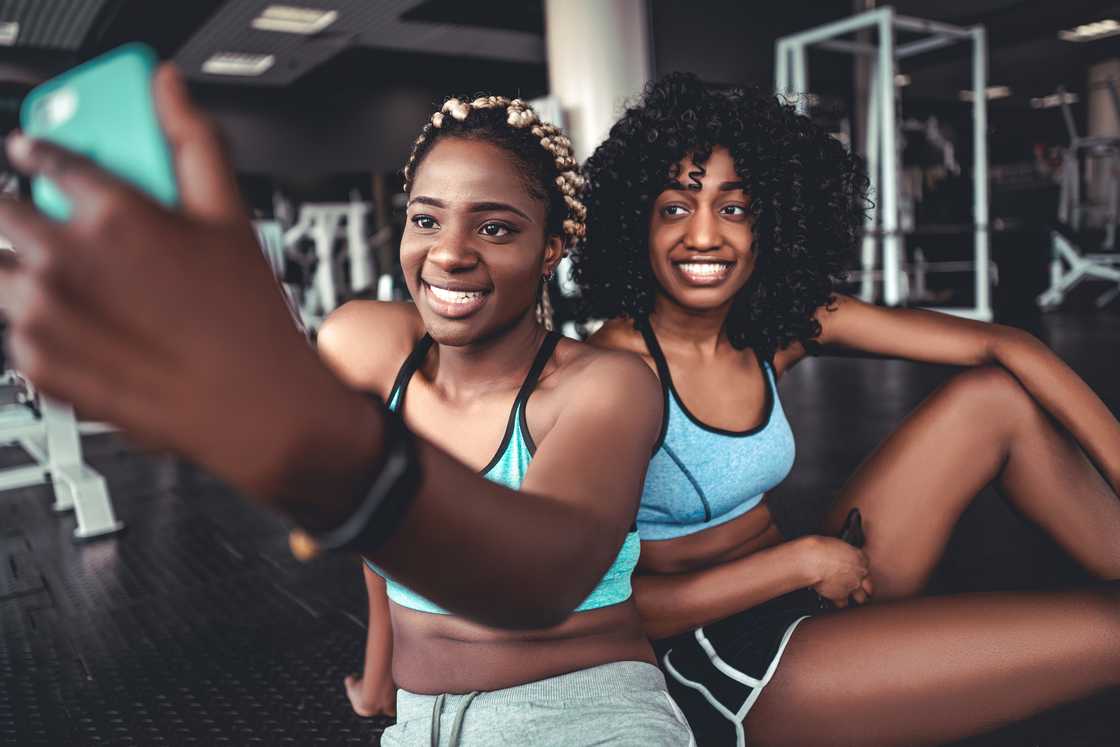
Source: Getty Images
Sometimes she’d ask for “real talk” videos — us sharing struggles about fitness and motivation. I’d speak honestly, talking about my self-doubt, my emotional eating, my slow progress. She’d nod, smile, and hug me after. But later, I’d see a post with my exact words, twisted into a moral lesson for her audience.
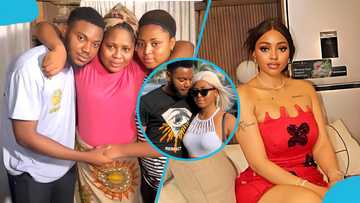
Read also
Time to return: Old moments with Regina Daniels’ first love resurface after Ned Nwoko split
“Some people say they want change, but their actions show comfort. Don’t be that friend.”
Each time I saw something like that, I’d feel invisible, like she’d taken my heart and turned it into hashtags.
Still, I didn’t confront her. I didn’t want to be the jealous friend. I told myself, Maybe this is what growth looks like. Maybe she’s just inspired.
But as her fame grew, something between us began to shift, and I started realising that our friendship was becoming part of her content strategy.
The first real crack appeared one Sunday afternoon at the gym.
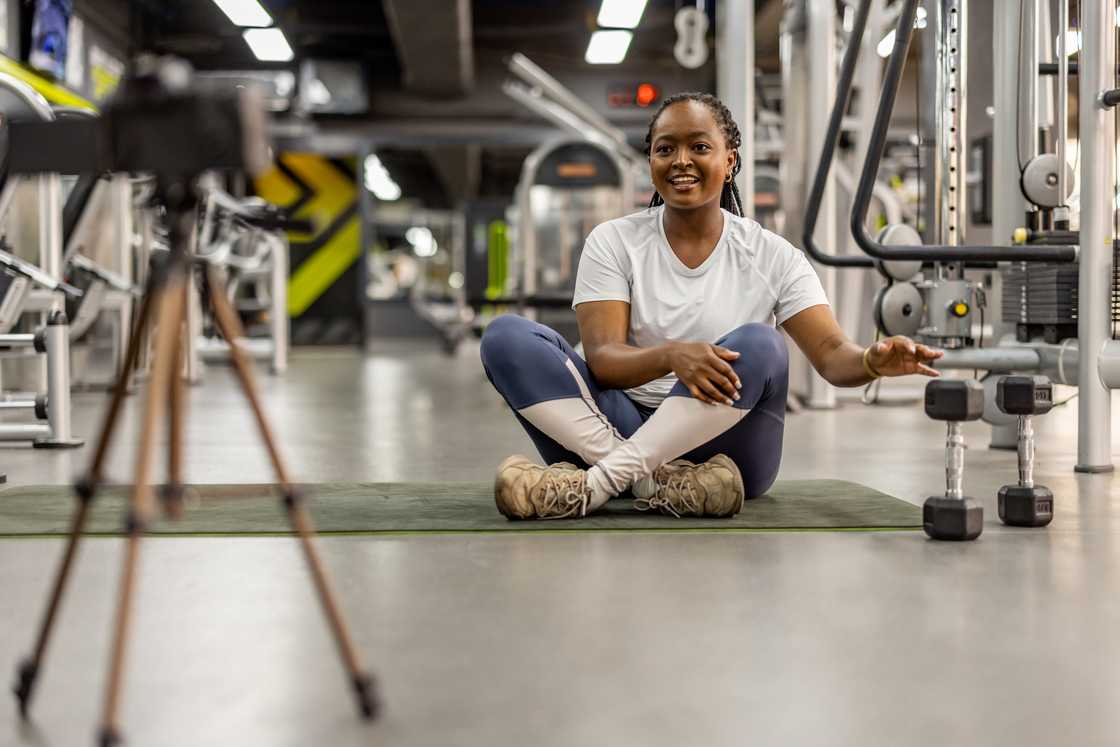
Source: Getty Images
We were recording a new “Bestie Fitness Challenge,” and Araba wanted us to do burpees while laughing for the camera. I was exhausted that day. My period had just started, and my cramps felt like knives twisting in my stomach. I told her quietly, “Chale, let’s skip filming today. I’m not feeling too good.”
But she gave me that tight influencer smile — the one she used when the camera was on. “No excuses, Queen,” she said lightly, then turned her phone on herself.
I watched her transform.
Her voice grew louder, her posture straightened, and her face glowed with confidence. “See, guys? This is what discipline looks like. Some people want results but are unwilling to put in the necessary work. Even my best friend tried to back out today!”
The words hit me like cold water.
She laughed, expecting me to join in. But I just stood there, forcing a small smile as she kept talking to her followers, unaware of the heat rising in my chest.
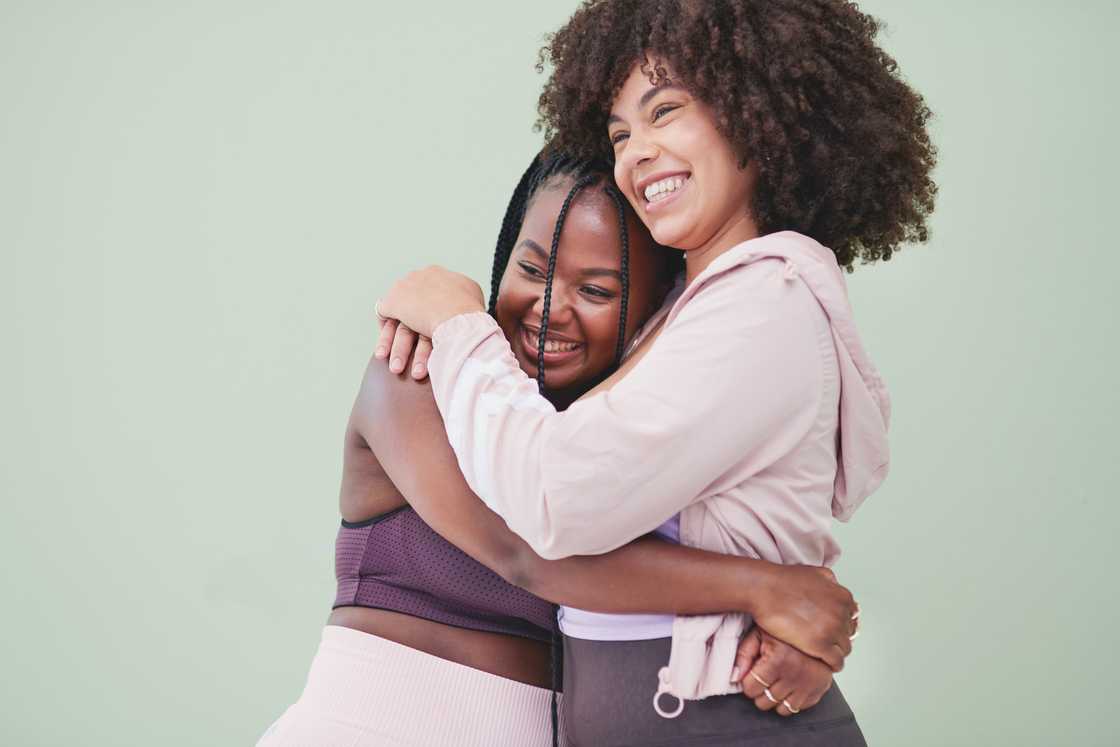
Source: Getty Images
When the recording ended, she hugged me and said, “You know it’s just content, right? Don’t take it seriously.”
But it didn’t feel like “just content.” It felt like a betrayal.
Over the next few weeks, her posts became bolder. She shared “behind-the-scenes” stories about our friendship — how she was “carrying” me on her back, how some people “drag you down without knowing it.” She’d film me mid-laugh, mid-frown, mid-struggle, and spin narratives that made me the flawed character in her success story.

Read also
“Hmm, this topic”: Nigerian lady questions why men don’t go through their girlfriends’ phones
At first, I tried to talk to her.
One night at her apartment in Osu, while she was editing a video, I said, “Araba, I don’t like how I’m always the lazy one online. It’s embarrassing. People tease me everywhere I go.”
She looked up briefly, her ring light glowing behind her. “Ohemaa, people love authenticity. You make the content relatable. Everyone sees themselves in you.”
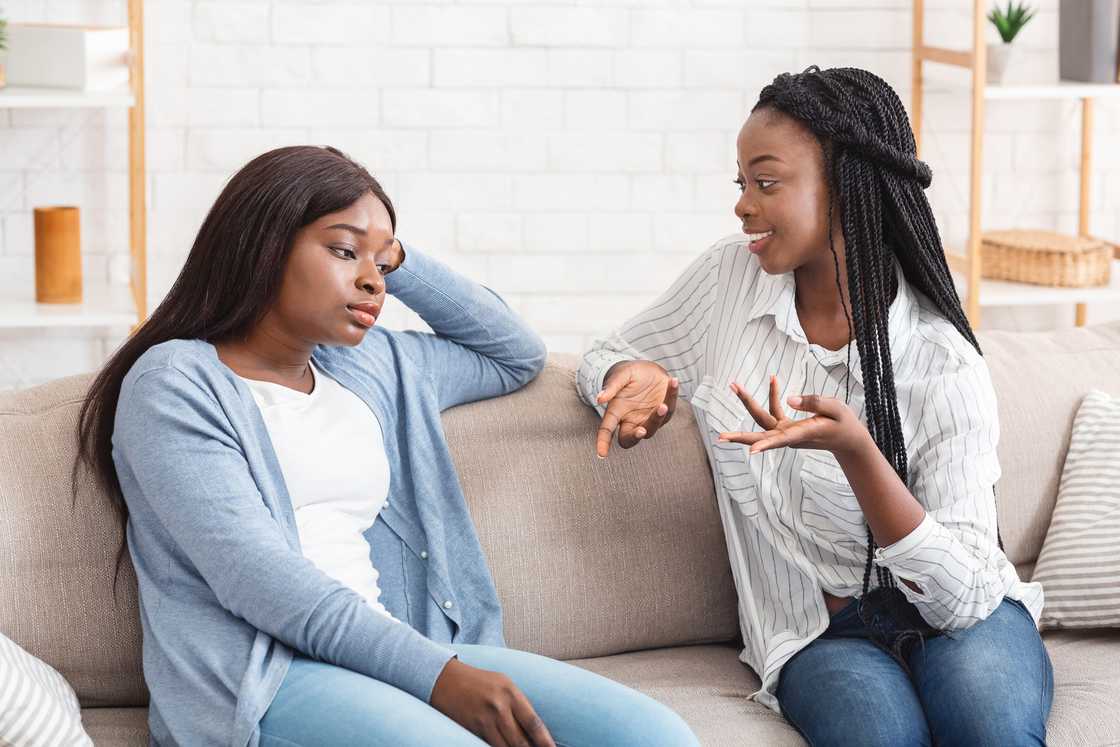
Source: Getty Images
“Yeah,” I said quietly, “but they’re laughing at me, not relating to me.”
She sighed, spinning in her chair. “So what do you want me to do? Stop being real? My page is about growth. You’re part of my story.”
Her words stung more than I expected.
I left her apartment that night with my throat tight, my chest heavy. For the first time since we became friends, I felt like a prop.
Then came the breaking point — a video that went viral.
In it, she told her followers about a “friend” who always made excuses and was on the verge of giving up at the gym. She said this friend was “too emotional, too dependent,” and that sometimes “you have to leave people behind to grow.”
The comment section blew up. People praised her for her “realness.” Some even said, “Drop that friend, she’s dead weight.”
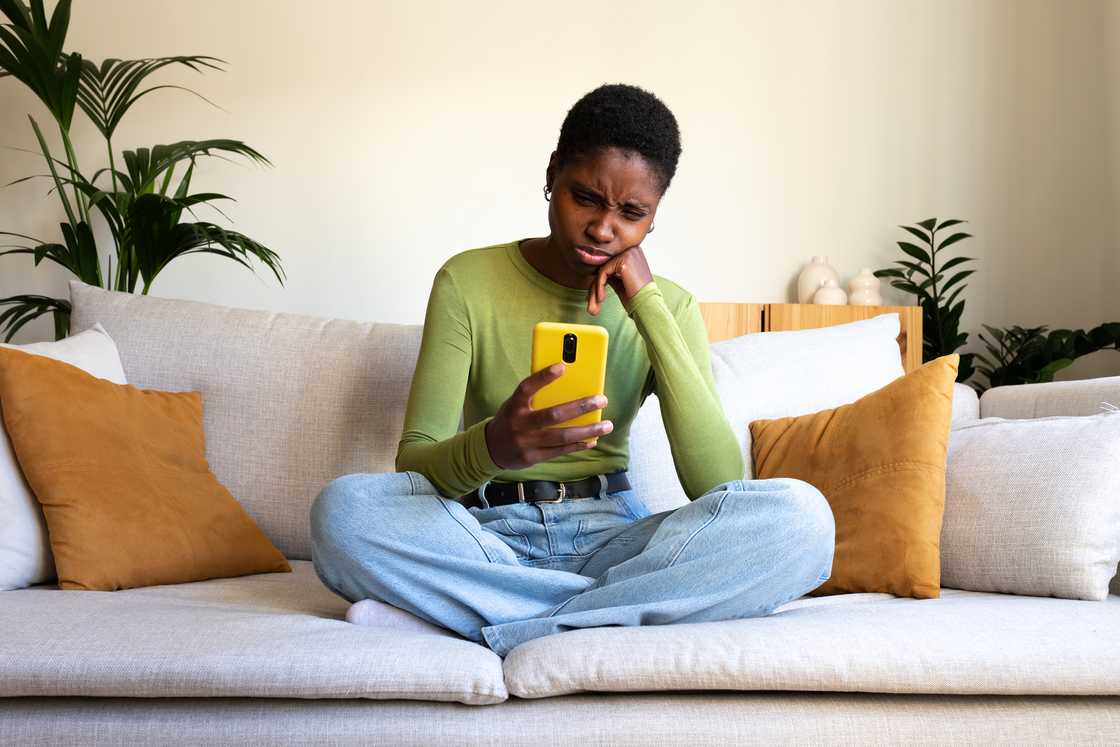
Source: Getty Images
When I watched it, I felt like the air had been punched out of me. My name wasn’t mentioned, but everyone knew. Our mutual friends sent the video with question marks. Even my mother saw it after someone forwarded it to her on WhatsApp.
That night, I texted Araba: You’ve gone too far.
She replied a few minutes later: If the shoe doesn’t fit, don’t wear it.
I stared at my screen, shaking. My hands were trembling. The girl who once held my hand through heartbreak had just turned my pain into a punchline.
After that, I stopped going to the gym. I muted her stories. I unfollowed her.
But she noticed.
Two weeks later, she posted another clip: “Sometimes the people who stop clapping for you were never happy for you to begin with.”
That’s when I realised — she wasn’t talking to me anymore. She was talking about me.
Our friendship had turned into her performance, and I had no control over the script.

Source: Getty Images
It happened on a Wednesday evening — the day everything came crashing down.
I had stayed silent for months, swallowing my hurt while Araba’s fame soared. Every week, she posted a new video that seemed to twist my life into her motivational lessons. And each time, people cheered her on, calling her “the realest influencer in Ghana.”
But one night, after scrolling through her latest video, something in me broke.
In the clip, she reenacted a “toxic friend situation.” The story was about a “jealous gym partner” who always wanted attention but couldn’t handle success. She cried on camera and said, “I’ve learned that some friends hate your shine.”
The tears weren’t real. I knew that face — it was her performance face. The same one she used when brands wanted vulnerability.
My heart pounded as I read the comments. People were calling me bitter, lazy, fake. Someone even DM’d me saying, “You’re the reason she almost quit. Shame.”
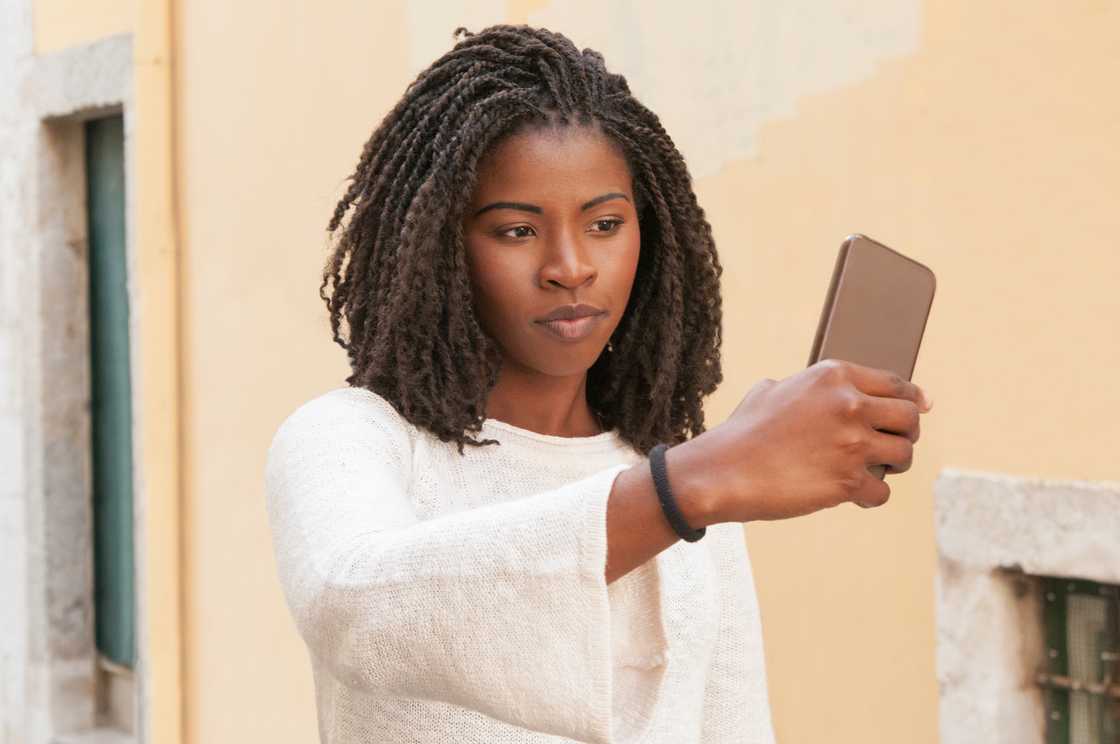
Source: Getty Images
That night, I opened TikTok for the first time in months.
I sat in my small living room, hands shaking, and hit record. I didn’t use filters. I didn’t wear makeup. I just looked straight into the camera and said, “Hi, I’m Ohemaa — the ‘lazy friend’ everyone keeps talking about.”
My voice trembled at first, but the truth steadied me.
“I was there when Araba started. We built that page together. Every caption about me wasn’t fiction — it was my real life, my struggles, my trust she turned into content. I never hated her. I just wanted my friend back.”
I talked for nearly ten minutes — not out of revenge, but because I needed to reclaim my voice.
By morning, my video had exploded. Thousands of views. Hundreds of comments. Some people supported me, others called it “drama.” But I didn’t care. For the first time, I felt heard.
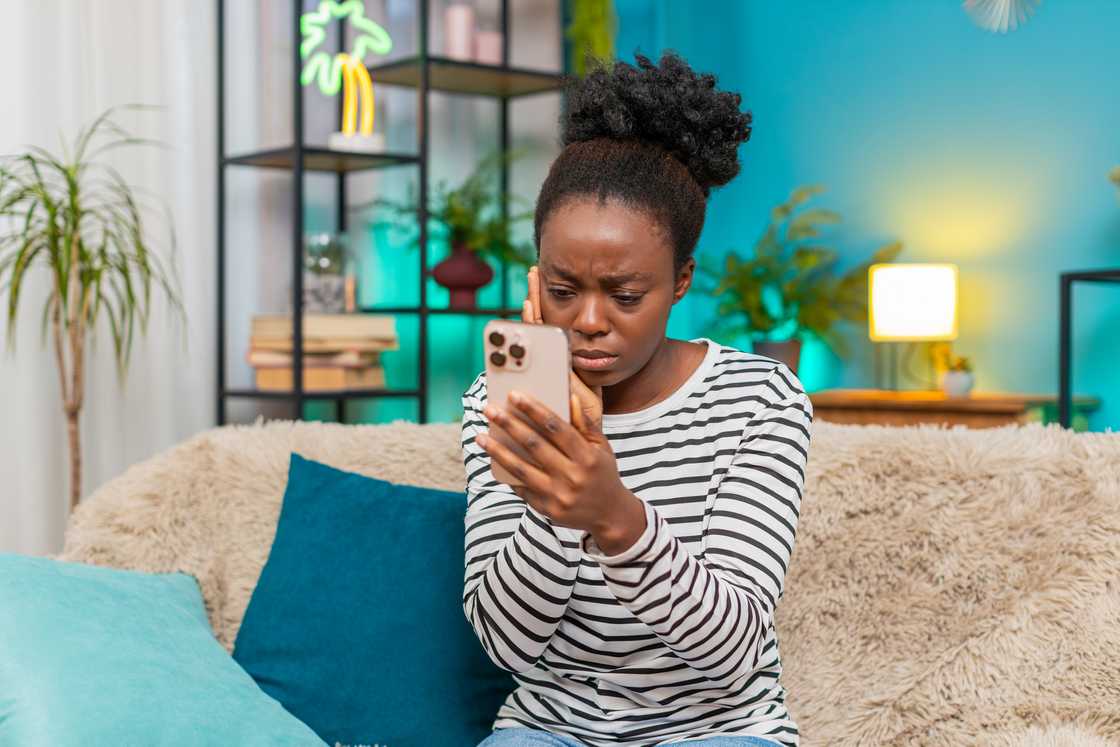
Source: Getty Images
Araba’s response came within hours. She went live — angry, tearful, and defensive. “I can’t believe she’d do this to me,” she cried. “Everything I said was true. If she’s hurt, maybe she should’ve worked harder.”
Her followers took sides. Our mutual friends got dragged into comment wars. The internet turned our friendship into a spectacle.
For days, I couldn’t step outside without someone whispering. Even my workplace became tense. People watched me with curious eyes, as though I’d become a celebrity in a story I didn’t sign up for.
Then, a few weeks later, everything went silent. Araba stopped posting. Her once-busy page went dark. No workouts. No captions. Just stillness.
Months passed before I heard from her again. One afternoon, while scrolling through Instagram, I came across a picture of her looking tired, makeup-free, with swollen eyes.
The caption read: “Sometimes the person you hurt the most is the one who showed you the mirror.”

Read also
Man Finds Out about His Bride’s Betrayal – He Goes to the Altar with a Remote Control in His Hands
It wasn’t tagged, but I knew she meant me.
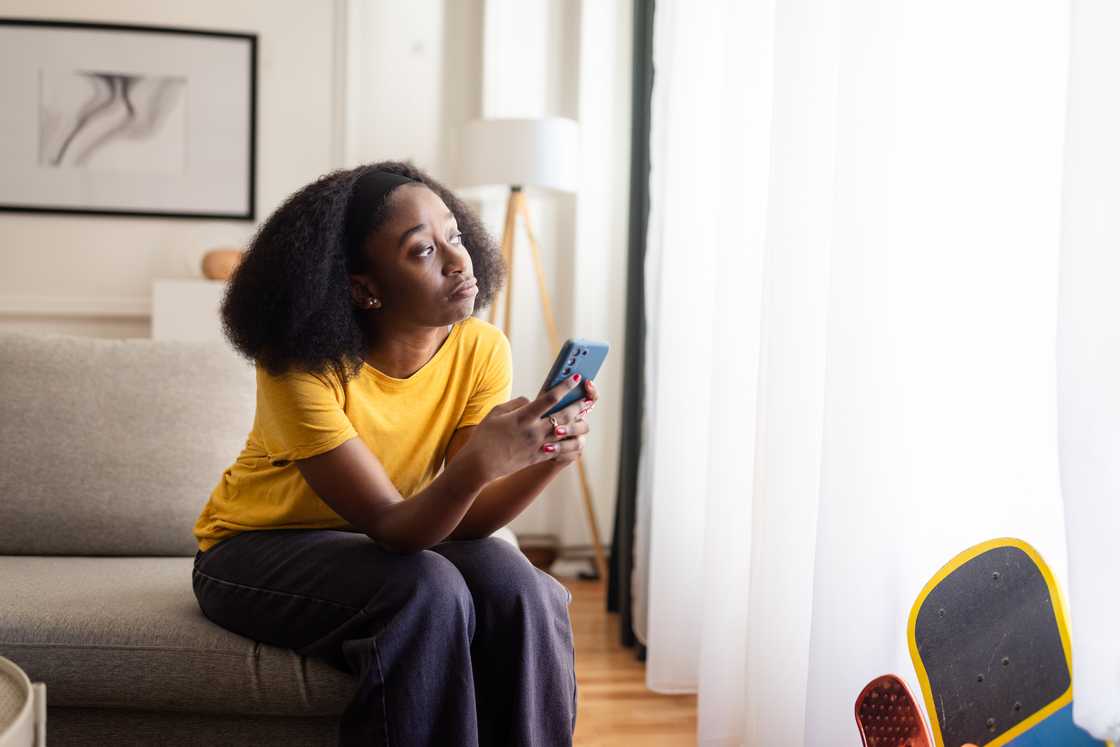
Source: Getty Images
Later that week, someone who knew her told me Araba had been struggling with anxiety and burnout. Apparently, she’d been living under immense pressure to keep up the “perfect life.”
It hit me then that all those harsh words she’d said about me, all those captions mocking my inconsistency and insecurity, weren’t about me at all. They were her reflections. Her battles. Her self-loathing dressed as confidence.
For the first time, I didn’t feel anger. I felt pity.
Maybe she hadn’t used me out of malice. Maybe she had used me as a mirror for everything she couldn’t face in herself.
I didn’t expect to see her again, not after everything that had happened.
But life has a strange way of bringing unfinished stories back to your doorstep.
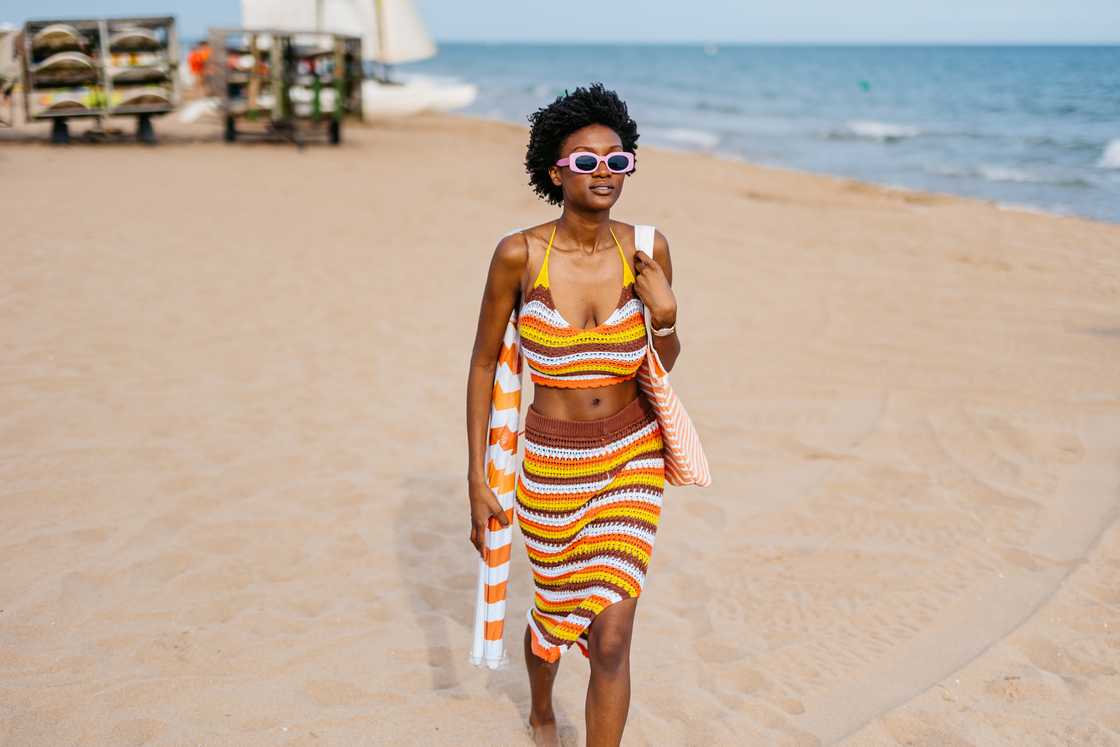
Source: Getty Images
One Saturday morning, nearly six months after our fallout, I was walking along the Labadi Beach boardwalk when I saw her. Araba was sitting on a bench near the sand, hair tied in a bun, no makeup, just a white T-shirt and joggers. For a moment, I almost didn’t recognise her.
Her glow — that confident influencer aura — was gone. She looked… real. Human.
Our eyes met. For a second, I thought about walking away, pretending I hadn’t seen her. But something in her expression stopped me — a softness, a quiet plea.
“Ohemaa,” she said, standing slowly. Her voice cracked a little. “Please, can we talk?”
We sat in silence for a while, listening to the waves crash. The salty breeze carried the weight of everything unspoken between us.
She finally broke the silence. “I watched your video over and over again,” she said quietly. “Every time I did, I felt like you were holding a mirror to me. You were right… I did use you. I used everything and everyone to make myself feel valuable.”
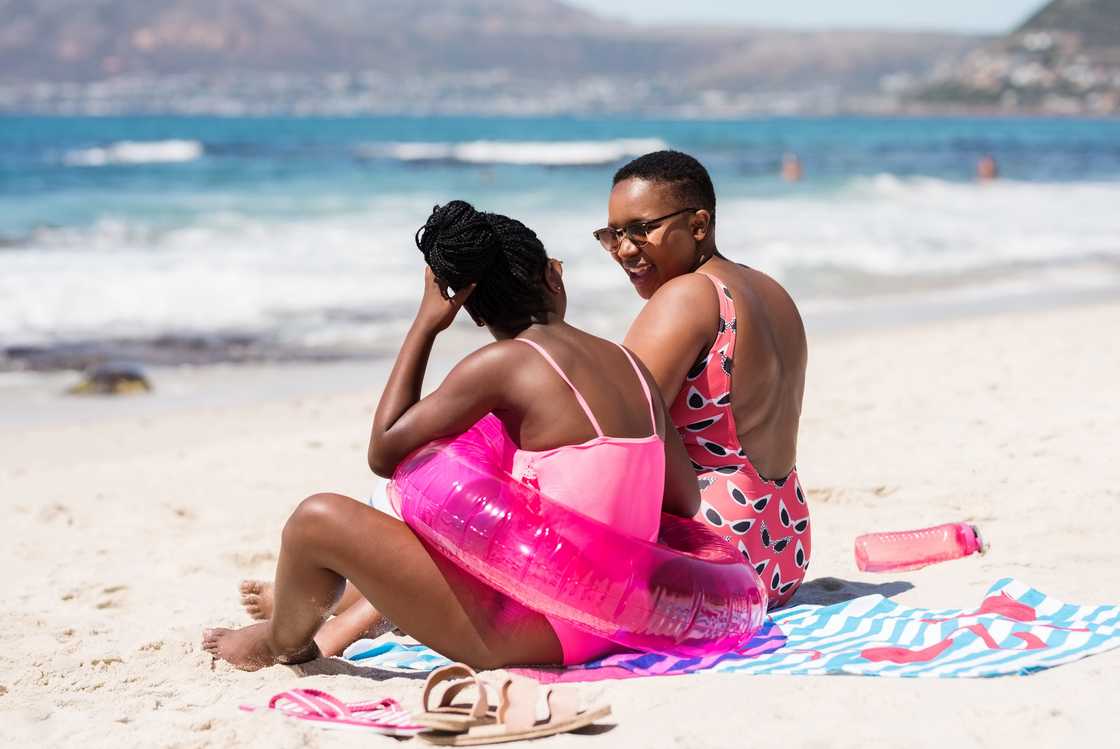
Source: Getty Images
I looked at her — really looked. She seemed smaller somehow, like the armour she’d worn for so long had fallen away.
“Why, Araba?” I asked softly. “We were supposed to grow together. When did I become your villain?”
Tears welled in her eyes. “Because I was scared,” she whispered. “Scared you’d move on, scared you’d find your own voice and outshine me. I thought if I made myself the strong one and you the weak one, people would love me more.”
Her confession pierced through me.
For months, I’d built walls around my hurt, convincing myself she was heartless. But sitting there, seeing her break down, I realised she’d been just as lost as I was — only her coping mechanism had been control.
“I hated you for a long time,” I admitted, my voice trembling. “But I also missed you. Every post you made felt like losing you a little more.”
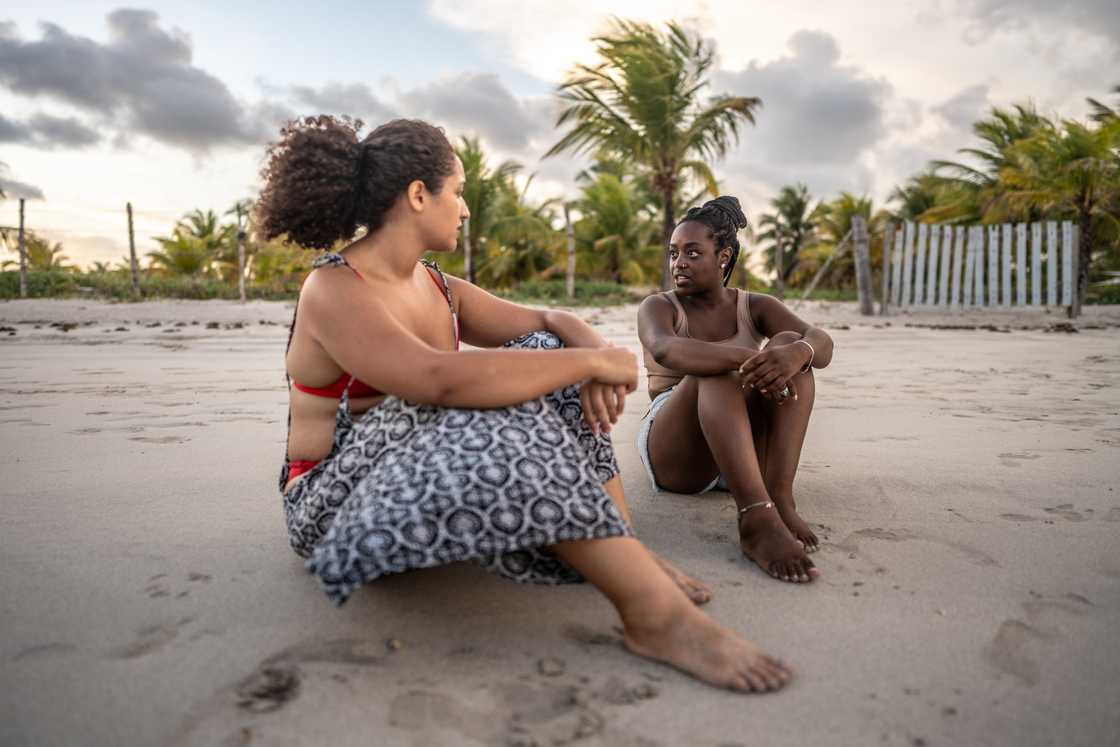
Source: Getty Images
She nodded, tears spilling down her cheeks. “I don’t deserve your forgiveness, but I want to make things right. I don’t want to live off people’s pain anymore.”
We talked for hours that day — about friendship, about fear, about the ugly side of validation. We spoke honestly for the first time in over a year. There were long pauses, but none of them were awkward. They were healing.
Before we left, I said, “If we’re ever going to be in each other’s lives again, it has to be different. Boundaries, Araba. Real ones.”
She agreed. “No more using people as stories,” she promised. “From now on, I’ll tell my truth — not anyone else’s.”
True to her word, when she returned to social media a few weeks later, everything had changed.

Source: Getty Images
Her captions were raw and vulnerable. She spoke about her burnout, her therapy sessions, and the mistakes she had made. She admitted publicly that she had hurt a friend in her pursuit of perfection — without naming me — and talked about learning to rebuild trust.
Surprisingly, her followers didn’t leave. They multiplied.
People flooded her page with love, thanking her for being honest. Brands that once sought curated perfection now wanted authenticity. Her new tagline became “Real over perfect.”
Sometimes I’d scroll through her posts and smile. Not because I missed what we had, but because I respected who she was becoming.
We still talk — not every day, but enough. The friendship isn’t what it used to be, but maybe that’s okay. Some things aren’t meant to go back to normal. They’re meant to grow into something new.
Looking back now, I realise that not all betrayals are born out of hatred. Some come from fear — fear of being unseen, unloved, or forgotten.
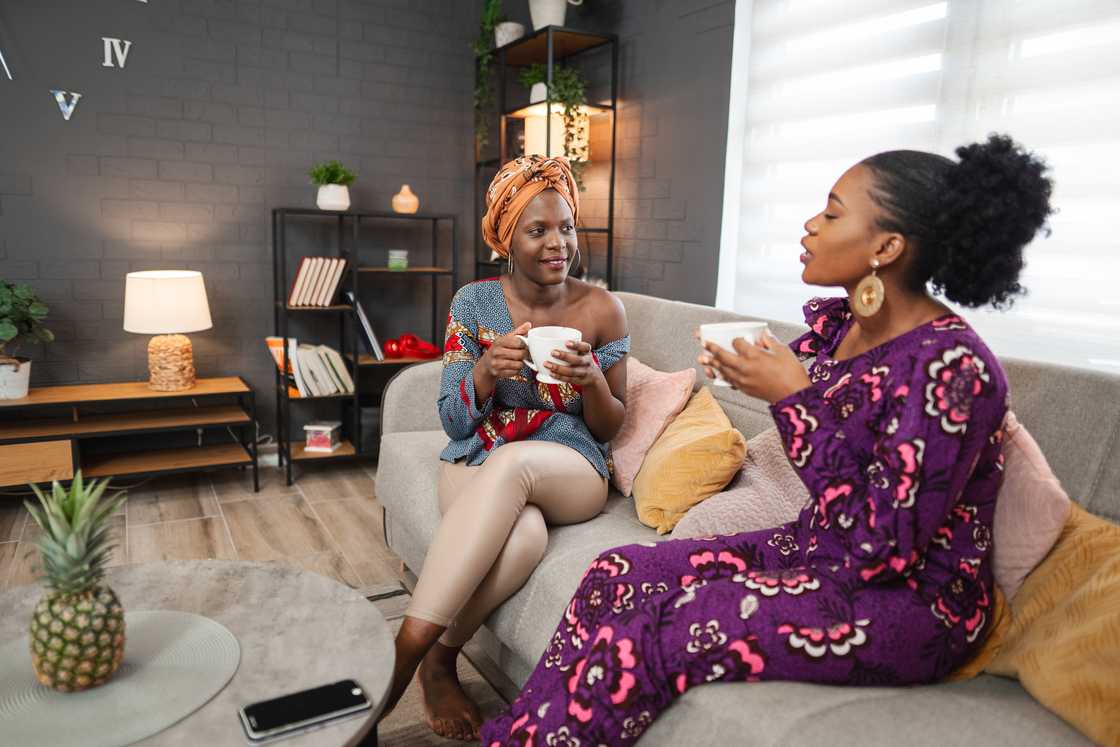
Source: Getty Images
Araba didn’t ruin our friendship because she hated me. She ruined it because she didn’t know who she was without someone to compare herself to. And maybe, in my silence, I allowed her to define me instead of speaking up sooner.
Healing didn’t come overnight. Forgiveness didn’t either. But sitting across from her that day at the beach taught me something important — closure doesn’t always come in a dramatic ending. Sometimes, it comes in a quiet understanding that both of you were just human, trying your best in the only ways you knew how.
I learned that boundaries aren’t walls; they’re doors you decide who can walk through.
Now, whenever someone shares a piece of my life, I ask myself, Did I permit them to hold that piece? If the answer is no, I keep it safe within me.
Because I’ve seen what happens when stories meant for healing are turned into content.
So if you ever find yourself in a friendship that starts feeling like performance — pause and ask, Are we still connecting, or are we just curating?
That question saved me. And it could save someone else, too.
This story is inspired by the real experiences of our readers. We believe that every story carries a lesson that can bring light to others. To protect everyone’s privacy, our editors may change names, locations, and certain details while keeping the heart of the story true. Images are for illustration only. If you’d like to share your own experience, please contact us via email.
Source: YEN.com.gh
Source: Yen.com.gh



